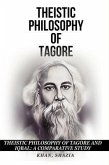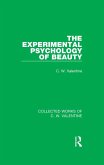This is a study of Iris Murdoch's moral philosophy. As such it does not address her substantial output as a novelist, playwright, and poet-26 novels between her first, Under the Net (1954) and her last, Jackson's Dilemma (1995), six plays including A Severed Head (1964), The Italian Girl (1969), both adapted from her novels of the same name, and Acastos: Two Platonic Dialogues (1986), two collections of poems (1978 and 1997 respectively)-nor her fascinating life-story. Rather, what this work aims to do is to clarify Murdoch's often dense philosophical prose and evaluate her (moral) philosophy with special emphasis on the role that fiction plays within her theory. 1 The second primary aim of what follows is to situate Murdoch in a larger tradition of ethical thought by showing how she builds on, deviates from, and develops themes from said tradition. To this end some effort is spent, in what follows, to try to pinpoint influences from, and reactions to, a large and eclectic group of thinkers. Even though this volume is concerned with the connections between morality and fiction, I will confine myself to the study of Murdoch's philosophical works without relating this to her novels. The primary reason for this is that the interpretative openness of her novels might well mislead rather than clarify. On such concerns regarding Murdoch and further motivations for the stance taken here see Hämäläinen (2016a: 152-154)
Dieser Download kann aus rechtlichen Gründen nur mit Rechnungsadresse in A, D ausgeliefert werden.









